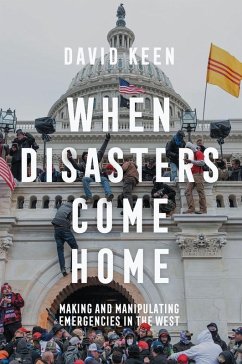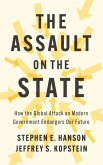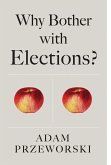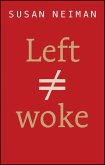Dieser Download kann aus rechtlichen Gründen nur mit Rechnungsadresse in A, B, BG, CY, CZ, D, DK, EW, E, FIN, F, GR, HR, H, IRL, I, LT, L, LR, M, NL, PL, P, R, S, SLO, SK ausgeliefert werden.
Mary Kaldor, the London School of Economics and Political Science
"In this remarkable book, David Keen has brought decades of disaster research to devastating fruition. Once thought the lot of less fortunate regions, a state of permanent emergency engulfs the rich world. From the economy, politics and society to the environment and climate change, an interconnected and self-reinforcing general crisis now defines the way people live and die. As Keen shows, however, all disasters have winners and losers. Unable to address this general crisis and, should it reduce profits, unwilling to tackle its root causes, politicians have instead embraced permanent emergency as a new and magical mode of government. Able to override democracy in the name of emergency, the winners have foisted austerity and precarity on the masses, while inflicting acts of exemplary cruelty on the weak and vulnerable. This book lays bare the predicament and sounds the alarm: sleepwalkers, ignore it at your peril."
Mark Duffield, University of Bristol
"A comprehensive insight into how and why disasters are created by the western democracies."
Ksenia Chmutina, Loughborough University









